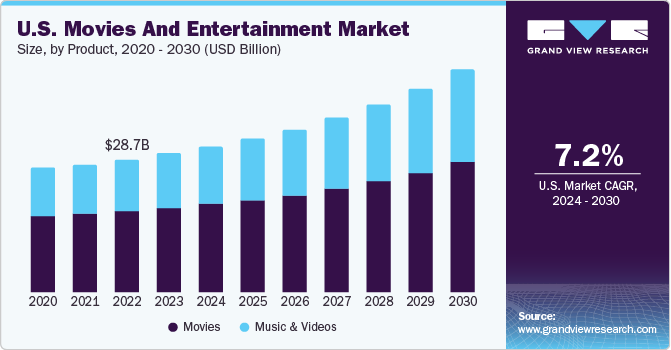Tube Rank: Your Guide to Video Success
Discover tips and insights for optimizing your video presence.
Clickbait Culture: How Attention Span Defines Success
Discover how clickbait tactics shape our attention span and redefine success in today's fast-paced digital world. Dive in now!
The Psychology Behind Clickbait: Why We Can't Resist It
Clickbait headlines are designed to capture our attention and stir our curiosity, tapping into various psychological factors that make them irresistible. One significant factor is the fear of missing out, or FOMO. When we encounter an intriguing headline, such as "You Won't Believe What Happened Next!", it triggers a sense of urgency that compels us to click. This is because our brains are wired to seek out information that could impact our social standing or knowledge base, making it hard to resist the allure of potential insights or shocking revelations.
Additionally, clickbait capitalizes on the power of emotion. Headlines that evoke strong feelings—be it outrage, curiosity, or amusement—are more likely to create a psychological response that drives engagement. For instance, phrases like "This One Trick Will Change Your Life Forever!" not only promise valuable content but also provoke a sense of hope or excitement. By understanding these psychological triggers, marketers and content creators can craft headlines that appeal to our innate behaviors, ultimately making it difficult for us to scroll past without clicking.

Attention Spans in the Digital Age: Are We Failing at Success?
In the digital age, the pervasive influence of technology has led to a significant decline in attention spans. Studies suggest that the average human attention span has dropped from 12 seconds in 2000 to just 8 seconds today—less than that of a goldfish. This alarming trend begs the question: Are we failing at success? With an overwhelming amount of information available at our fingertips, individuals often find it challenging to focus on a single task for an extended period. Instead, many resort to multitasking, which can further fragment attention and reduce productivity.
As we navigate this landscape of constant distractions, it's crucial to reevaluate our approach to achieving success. Practical strategies such as time blocking and mindfulness practices can enhance our ability to concentrate. By setting clear goals and prioritizing tasks, we can combat the detrimental effects of shortened attention spans. In a world where information overload is the norm, fostering a culture that values deep work and sustained focus is essential for not only personal growth but also for professional achievement.
Is Clickbait Culture Poisoning Our Ability to Focus?
The rise of clickbait culture has undeniably transformed the way we consume content online. Headlines designed to provoke curiosity often lead to a deeper issue: they fragment our attention span. As we navigate a sea of sensationalist titles, our brains become conditioned to expect instant gratification from quick bites of information. This constant cycle of seeking dopamine hits from clicks and likes not only undermines our ability to focus on meaningful content but also skews our perception of what constitutes valuable information. Is clickbait culture poisoning our ability to focus?
Moreover, the emphasis on clickbait compels content creators to prioritize sensationalism over substance. This shift in content creation encourages superficial engagement rather than deep understanding. When we find ourselves clicking on flashy headlines, we often overlook the importance of thorough research and critical thinking. In the long run, this can lead to a society less capable of thoughtful discourse and analysis. As we grapple with the impact of clickbait culture, we must consider the implications for our focus, literacy, and ability to engage meaningfully with information.